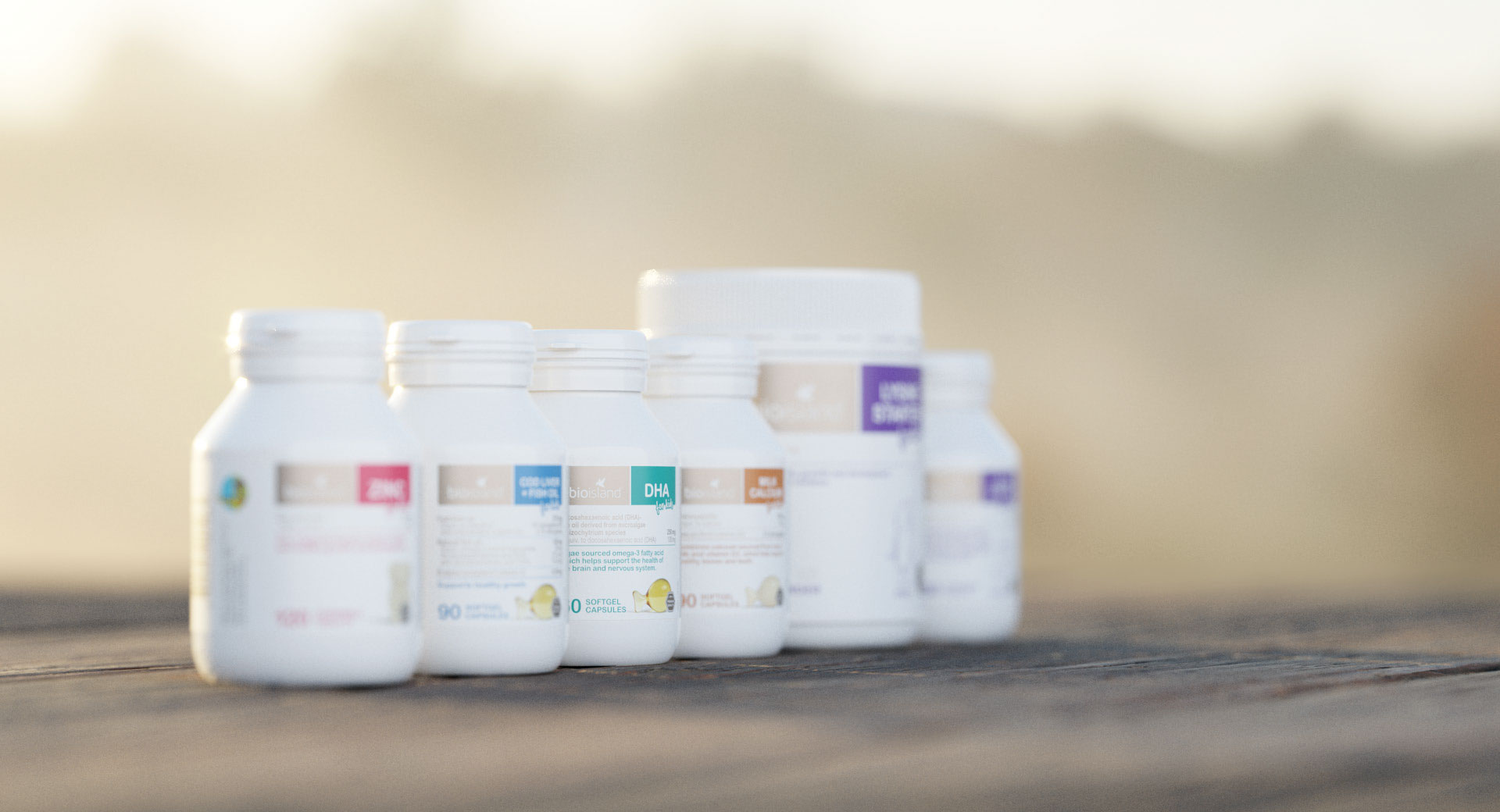
Vitamin D and gut health
Many people do not realise is the importance of vitamin D on our immune and digestive systems.
By Bio Island Nutrition Team
Vitamin D is usually referred to as the sunshine vitamin because of how it is obtained via sun exposure to our skin. The most important role that vitamin D plays within the body is calcium regulation and the effects it has on bone mineralisation. What many people do not realise is the importance of vitamin D on our immune and digestive systems and the anti-inflammatory effects it has on the body.
Our digestive system, particularly our intestinal tracts are made up of trillions of microorganisms. These microorganisms mainly comprise of ‘good’ and ‘bad’ bacteria and are critical for the many processes of the digestive system including digesting food and absorbing and synthesising nutrients. Our gut bacteria are also used for other process such as immune regulation, brain functions, mood, and metabolism.
Our gut microbiome plays an important role on our immune system and can affect disease development. Those with autoimmune diseases often also have a predisposition for a vitamin D deficiency which can alter our gut microbiome. Vitamin D plays a role in the regulation of gastrointestinal inflammation and a lower incidence of Inflammatory Bowel Disease (IBD) has been found in those with higher serum vitamin D levels.
Ideally, our gut will have a variety of bacteria to make up our microbiome and this has been shown to be closely associated with active vitamin D. A vitamin D deficiency can lead to dysbiosis of gut microbiome, which can result in a range of digestive disturbances including bloating, constipation, and diarrhoea. The healthier our gut, the healthier our bodies tend to be.
Most of our vitamin D can be obtained from exposing our skin to the sun regularly. However, for those where this may be difficult or require additional vitamin D animal sources such as eggs and oily fish or fortified foods such as margarine offer the best dietary sources. Regardless of whether you obtain vitamin D from a food source of the sun, it must be first metabolised in our kidneys and liver to become active and used in our body.
This information does not take into account your personal situation and is general in nature. You should consider whether the information is appropriate for your needs and seek professional medical advice.
Always consult your healthcare professional before taking any supplements or if any concerns arise.




